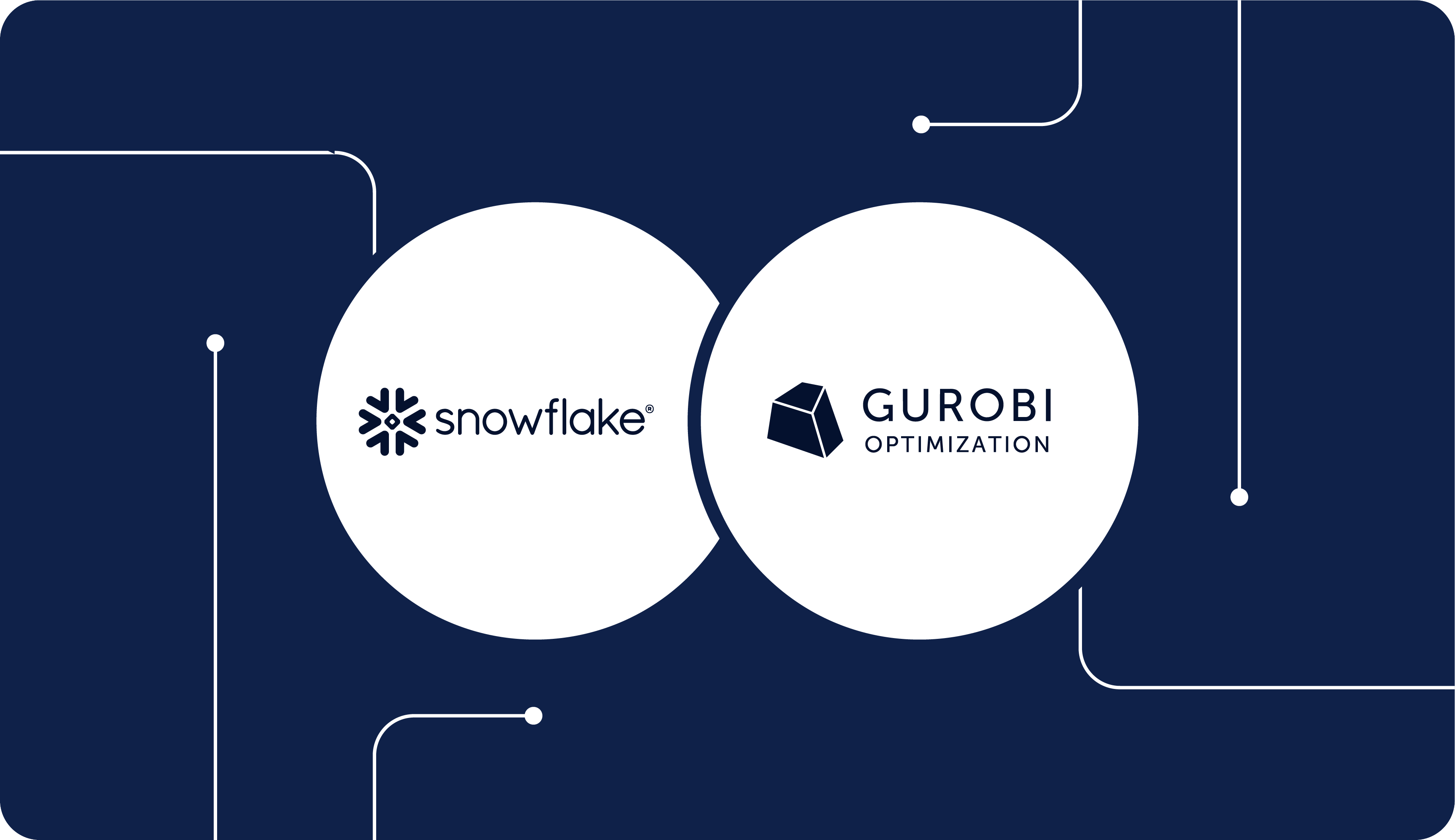
Optimization & Simulation

Successful businesses actively collect customer feedback to improve their products and offerings. One popular method to gauge customer experience is the Net Promoter Score (NPS). About two-thirds of the Fortune 1000 companies use some version of NPS to evaluate their customer’s loyalty, drive product roadmap and estimate future revenue. NPS plays a critical role in organizations, but it has its limitations. It is important to understand these limitations and how modern techniques in Natural Language Processing (NLP) can overcome these limitations.
A traditional NPS survey consists of a single question along the lines of “How likely are you to recommend this product/service to a friend?”. Respondents answer the question on a scale of 1-10, with 1 being least likely and 10 being most likely. Respondents scoring a 9 or 10 are called ‘Promoters,’ 7 or 8 are ‘Passives,’ and those with scores 6 or lower are’ Detractors.’ The percentage difference in the number of promoters and detractors in the NPS score.

NPS as a standalone number provides insight into customer loyalty, but it struggles in two other aspects.
Some NPS surveys ask respondents for a textual response on why they provided the score they did. Some companies also actively monitor their social media feeds, specifically, tweets to gauge customer satisfaction and detect pain points. However, it becomes impractical to manually comb through many NPS surveys and tweets to identify important feedback in both cases. Textual data has a trove of insights whose importance cannot be overstated despite its challenges. NLP helps us overcome these challenges and easily access insights from textual data.
NLP is an area of data science that uses specialized techniques to analyze text. It combines approaches in linguistics with methods in modern computer science to develop algorithms capable of deriving insights from text. Businesses are interested in answering two main questions when analyzing textual responses on NPS surveys and social media.
Our approach to finding out what the customers are talking about involves using an advanced NLP technique called topic modeling. For example, consider an app-based food delivery company that is receiving requests for improved app functionalities via NPS surveys. Due to the sheer volume of textual data, the company is initially oblivious to this feedback but would like to be aware of the requests as quickly as possible.
Topic modeling allows businesses to tailor their offerings to satisfy customers rapidly.
We use an NLP technique called sentiment analysis to study customer sentiment. For example, let’s say a global fast-food company wants to monitor its Twitter feeds in real-time for identifying dissatisfied customers.
Sentiment analysis allows businesses to monitor customer satisfaction constantly and helps boost NPS.
At Aimpoint Digital, we are committed to helping our clients realize the full potential of their data. Our NLP experts and industry specialists have helped numerous organizations across industries become data-driven.
Contact us through the form below to learn more about how we can transform your business and take it to the next level.
Whether you need advanced AI solutions, strategic data expertise, or tailored insights, our team is here to help.